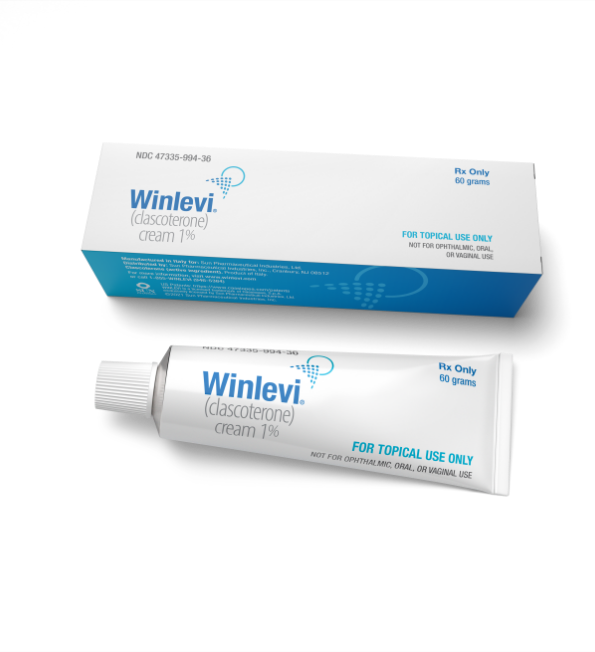
Retinoid Treatments for Acne
Isotretinoin For Treatment of Acne
Isotretinoin is an oral medication specifically designed for treating severe cystic acne that hasn’t responded to other treatments. It works by reducing oil production, unclogging hair follicles, and inhibiting the growth of acne-causing bacteria, P. acnes. Common brand names include Accutane, Absorica, Amnesteem, Claravis, Myorisan, and Zenatane.
Recognized as one of the most effective treatments for severe cystic acne, isotretinoin targets the root causes of the condition. It shrinks the size of oil glands, which are the primary sites for acne development. With fewer active oil glands, acne outbreaks significantly diminish.
However, isotretinoin comes with its own set of potential side effects. Some studies have linked the medication to an increased risk of depression, suicidal tendencies, and inflammatory bowel disorders. If your doctor prescribes isotretinoin, it’s crucial to discuss the medication’s risks and side effects. Less severe side effects may include dry skin or lips, joint or muscle pain, elevated cholesterol or triglyceride levels, and in rare cases, hair loss. Most people find these side effects manageable and not a reason to discontinue treatment.
Patients on isotretinoin are typically required to undergo monthly blood tests to monitor lipid levels, blood cell counts, and liver function.
Isotretinoin and the risk of birth defects
Women of childbearing age must use birth control before, during, and for at least a year after completing isotretinoin treatment for acne. Due to the medication’s potential risks, most doctors and guidelines recommend frequent cholesterol and pregnancy tests while using isotretinoin and during the follow-up period. Therefore, isotretinoin is usually reserved for treating severe acne that hasn’t responded to safer treatment options.
Latest articles


Hormonal Acne Treatment with Topical Creams

Cystic Acne on the Back: Best Treatment Options

Top Supplements for Treating Cystic Acne
